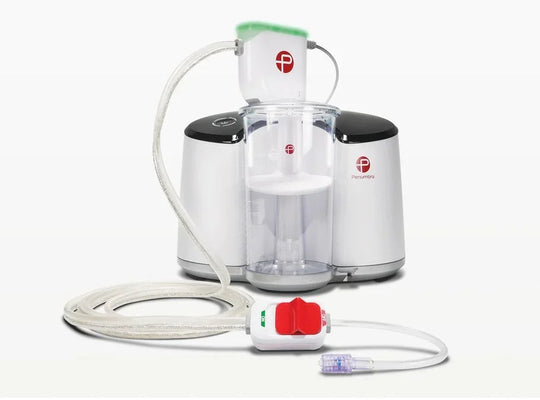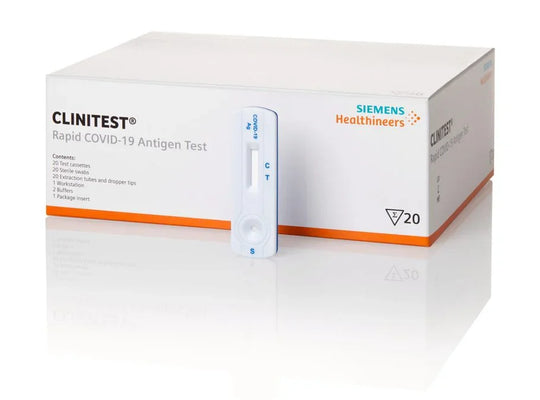Our Blog
J&J links radiofrequency catheter to improved quality of life in atrial fibrillation study

Qdot Micro is temperature-controlled, contact force-sensing, RF catheter. The temperature control feature supports the use of higher radiofrequency power in short bursts, an approach that J&J sees as a way to improve efficacy without compromising safety. J&J published 12-month data on the effectiveness of the device in its Q-FFICIENCY study earlier this year.
The latest update, which was published in the Journal of Cardiovascular Electrophysiology, covers more data from the Q-FFICIENCY trial.
J&J subsidiary Biosense Webster supported the study.
“These findings highlight the advantage of treatment with the Qdot Micro Catheter in patients with paroxysmal AFib, demonstrating that patients have fewer symptoms and a significant improvement in their quality of life along with a low incidence of cardioversion and hospitalizations following temperature-controlled RF ablation treatment,” Ayman Hussein, the study’s corresponding author and director of cardiac electrophysiological outcomes research and of the center for atrial fibrillation at Cleveland Clinic, said in a statement.
In the study, J&J tracked a 79.9% reduction in the use of antiarrhythmic drugs in the six to 12 months after treatment, as well as a significant improvement in scores on the Atrial Fibrillation Effect on Quality-of-Life Tool (AFEQT) after 12 months. Most patients reported at least a five-point improvement on AFEQT, the threshold for a clinically meaningful change, after three months.
The study gives J&J additional data to cite as it works to grow sales of Qdot Micro.
The anticipated approval of PFA devices, including J&J’s own technologies, could increase competition. The change in mean AFEQT scores in Q-FFICIENCY was in line with the results of Boston Scientific and Medtronic’s PFA studies, although the new pulsed technology has other advantages that could help it win market share.




